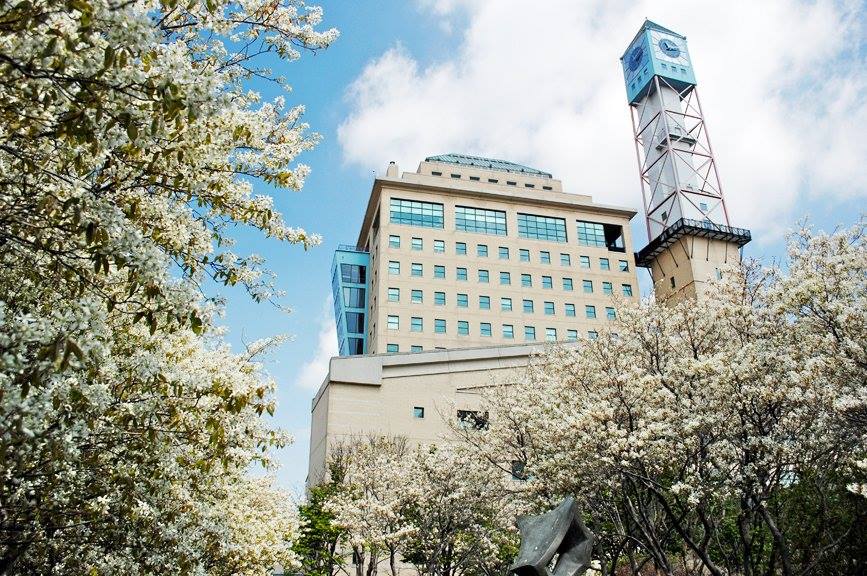Here’s how much taxes could rise due to COVID-19 shutdown in Mississauga
Published June 28, 2020 at 8:08 pm

While Mississauga is working to obtain significant financial aid from senior levels of government in the wake of the COVID-19 crisis, it has said that property and business owners could see a tax increase of a little over 3 per cent.
Last week, city staff introduced the preliminary 2021 – 2024 Business Plan and 2021 Budget at a budget committee meeting.
An update regarding the impact of COVID-19–which forced the city to shut down most of its services and face an almost $60-million deficit as a result–was included.
Although the city says staff members are looking at ways to trim proposed tax increases, early numbers show the equivalent of a 9.2 per cent budget increase to the city’s 2021 operating budget. According to the city, 5.7 per cent of the proposed increase is related to COVID and its impact on revenue and costs. The 9.2 per cent figure also includes a 2 per cent infrastructure levy to help the city maintain existing roads, bridges and buildings and plan for their upkeep in the future.
According to the city, foregoing the 2 per cent infrastructure levy would result in a loss of $90 million in revenue over ten years and slow its ability to renew and build new infrastructure.
As for what this means for home and business owners, the city says this proposed increase would be the equivalent of a residential property tax increase of 3.24 per cent. Businesses would see a 1.98 per cent increase on their bills for the city portion of the tax bill.
“The City of Mississauga is facing huge financial impacts in 2020 and 2021 as a result of COVID-19. This is not business as usual and will force us to make some tough decisions. All cities, including Mississauga, need assistance from the federal and provincial governments to help us recoup the non-recoverable losses we are facing, that have put us in a $60M deficit to date,” said Mayor Bonnie Crombie in a statement.
“Cities are engines of the economy, but we lack the financial tools of other levels of government to weather a storm like COVID-19. We continue to deliver essential programs and services throughout recovery, including public transit to libraries, snow clearing and fire and emergency services and much more. Council will continue to work to ensure our residents can access quality services while keeping property taxes competitive, but without assistance, we will be forced to examine the services we deliver. As in previous years, there will continue to be several opportunities throughout the budgeting process for residents to get involved, have their voices heard and help shape the future of our city.”
City staff say this is a very unusual situation for a municipality to have to grapple with, with the city’s Chief Financial Officer warning that, overall, the pandemic could end up costing taxpayers approximately $140 million.
“Clearly this is not a normal budget cycle for Mississauga and other communities across Canada. While continuing to provide essential local services, an estimated deficit in 2020 of $100 million has been reduced to $60 million due to spending decisions made including temporary layoffs of over 2,000 part-time staff during the closure period, a hiring freeze, deferral of capital spending and a discretionary spending review,” said Gary Kent, Commissioner of Corporate Services and Chief Financial Officer, in a statement.
“The federal and provincial governments have not given any commitment to financial relief for municipalities and so cities across the country continue to wait to hear. Time is running out and now we need to face the ‘echo effects’ into future years. For Mississauga, that is another $80 million over the next three years. In total, the COVID-19 pandemic is estimated to cost Mississauga taxpayers approximately $140 million. Even a well-run city like Mississauga does not have the fiscal firepower to fund this. Staff will continue to assess several options to address this deficit, using the strategies outlined in the Financial Recovery Plan, including deferral of master plan investments and no increased service levels. There is much more work to be done. Staff will continue to innovate with council and with the public being fully engaged.”
According to a recent budget committee report, the city will have lost about $44.8 million on MiWay revenue alone by June 30, as fare collection does not resume until July 2. The city will also lose about $20 million due to the shutdown of its recreational facilities and activities.
The next budget committee meeting is on October 7 and detailed discussions will continue on Nov. 23, 24, 30, and Dec. 1 and 2.
Council is scheduled to vote on the proposed budget on Dec. 9.
insauga's Editorial Standards and Policies advertising





